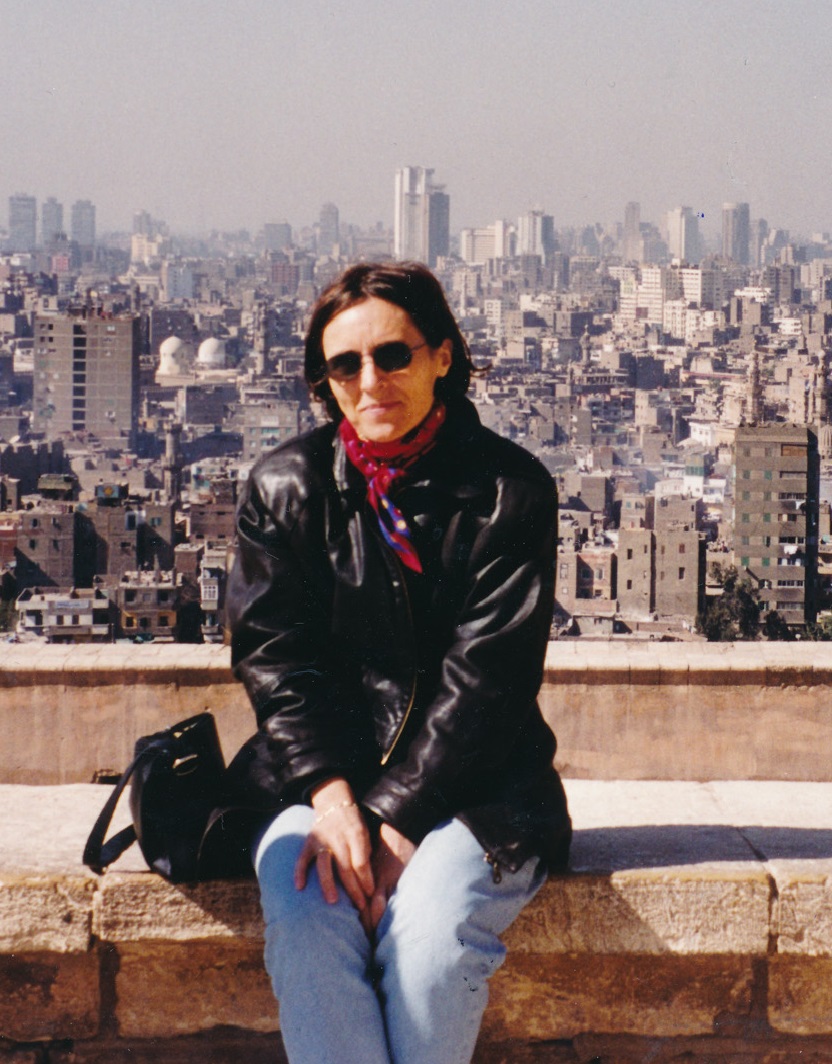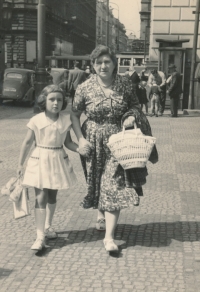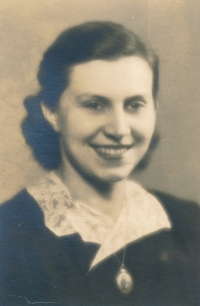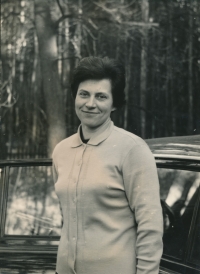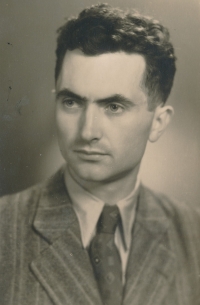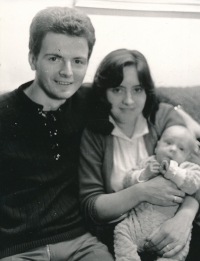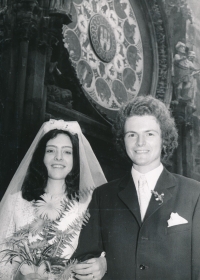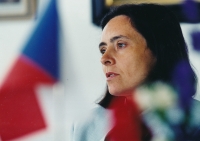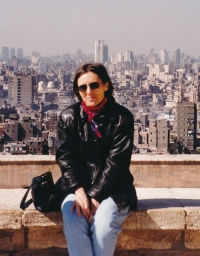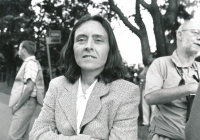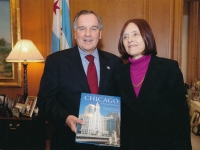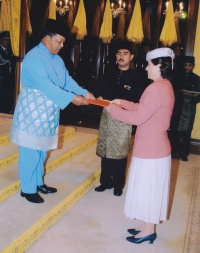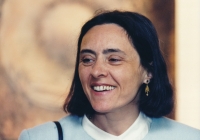"I won't forget this visit, I won't forget it, because it was a very difficult situation, and for me personally a dangerous one, which developed from it. It was that we were preparing for an official visit of the Prime Minister to Egypt. That visit consisted of a reception at the highest levels, including a reception by the President, a reception by the Prime Minister, several ministers. Then a visit to a region, a Czech factory, etc. was also planned. It was a visit of several days, it takes a lot of work to put together such a programme. It is really dozens of hours that the whole office spends on it. And especially in those Egyptian conditions, where getting the right official is a prize in itself. The prime minister was supposed to visit Egypt first and then go to Tunisia for a similarly long visit. His advance team was with us, they went through everything, we went through everything with them, everything was fine, they left completely satisfied. Well, a couple of days after that, the Prime Minister was invited to -- we didn't even know that at the beginning of the trip. When I found out that he was going to Israel before that, I thought it was an inappropriate inclusion. Even if the trip had gone completely smoothly, the order was not very polite to Egypt. Well, I had been arranged with a colleague from the State Department, because we were both anxious that he would then sort of privately keep an eye on the Prime Minister to make sure that something didn't go wrong. Unfortunately, he failed to keep an eye on the Prime Minister, so it happened that a clever Israeli journalist took advantage of the situation and invited Prime Minister Zeman for a drink. Apparently, he didn't stop at just the first one and learned some interesting things during the course of the evening. Such as that the best thing to do would be to drive the Palestinians into the sea, that they are in Israel because we offer L-159 fighter jets there, which of course we also sold in Egypt, and the highlight was when he compared Arafat to Hitler for some reason, I don't know why he even uttered such a thing. The exact interview came out the next day in an Israeli newspaper and in the Jerusalem Post. There was an incredible avalanche. Of course, the Egyptians were watching it very closely, the visit, not only like any other visit, but also knowing that in a few days such a visit would take place in their country. It was terrible, because I was immediately summoned to the Foreign Ministry, and even to the Minister himself, to explain the statements. Our side began to squirm and their explanation was to the effect that it was a mistranslation. Of course, everyone laughed at that. When I called the minister's office to ask how I should apologize, I was already in the car, I was on my way to the ministry to explain the prime minister's remarks, so I called Secretary of State Kavanaugh's office to ask what I should do, and I got the answer, 'You'll figure it out,' so I apologized as much as I could, because it really was something so bad that I couldn't explain it. It was clear everyone knew he said what it said. It was nonsense some interpreter or whatever. The minister gave me his opinion, very strongly condemned the words. He said that in that case he felt that they would not find it convenient in time to consider the visit cancelled. I came back to the office, I was summoned by the head of the Arab League, who had previously been Foreign Minister, Amr Moussa. He was a little less harsh in his response, even towards me, and he told me, however, at least in a calm voice, and without taking it personally towards me, he also told me of his reservations about the statements and his regret that he already knew that the visit would not take place. It was terrible. I went back to the office, and on all the television channels, on all the news programmes, there was information that I had been called to the minister's carpet to explain the following, and everyone repeated it, everything that this Prime Minister Zeman had said in Israel. There was always a picture of me posted. I really have to say that I was afraid because we had no security, nothing like that, the photo everywhere. If I go somewhere as an ambassador officially, I go with the flag on my car. So if somebody really sort of wanted to, I was a very, very easy, easy target, and it certainly wouldn't have been a problem at all to vent my opinion against these speeches about me as a representative of the state. The cancellation of that visit to Tunisia came shortly afterwards, so I was glad that the two of us were in on it, even with the colleague in Tunis."
